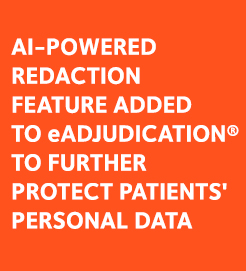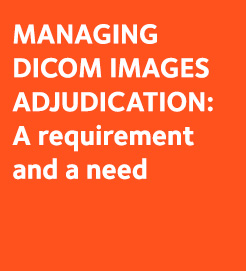
Endpoint Adjudication
Open/Close sub menu
 Adjudication Use in USA / EU
from Therapeutic Innovation & Regulatory Science
READ-MORE
eAdjudication Solution
Open/Close sub menu
Adjudication Use in USA / EU
from Therapeutic Innovation & Regulatory Science
READ-MORE
eAdjudication Solution
Open/Close sub menu
 eAdjudication®
eAdjudication®
Download the Solution Description DOWNLOAD GxP Compliance Open/Close sub menu
ADJUDICATION KNOWLEDGE
Adjudication RegulationsAdjudication GlossaryAdjudication HandbookAdjudication Charter GuideAdjudication ResourcesAdjudication Blog Adjudication Use in USA / EU
from Therapeutic Innovation & Regulatory Science
READ-MORE
eAdjudication Solution
Open/Close sub menu
Adjudication Use in USA / EU
from Therapeutic Innovation & Regulatory Science
READ-MORE
eAdjudication Solution
Open/Close sub menu
HOW WE HELP
Software FeaturesDeployment ProcessEstimate Your PriceCustomer StoriesFrequently Asked QuestionsWHO WE HELP - PARTNERS
Academic Research OrganizationsClinical Research OrganizationsClinical Trial SponsorsCRO-Safe Partnership ProgramWHO WE HELP - USERS
Clinical Trial LeadersCommittee Members and ReviewersQuality Assurance ManagersOUR EXPERTISE
SAE ReconciliationProtocol DeviationsData Safety Monitoring Boards eAdjudication®
eAdjudication®Download the Solution Description DOWNLOAD GxP Compliance Open/Close sub menu



